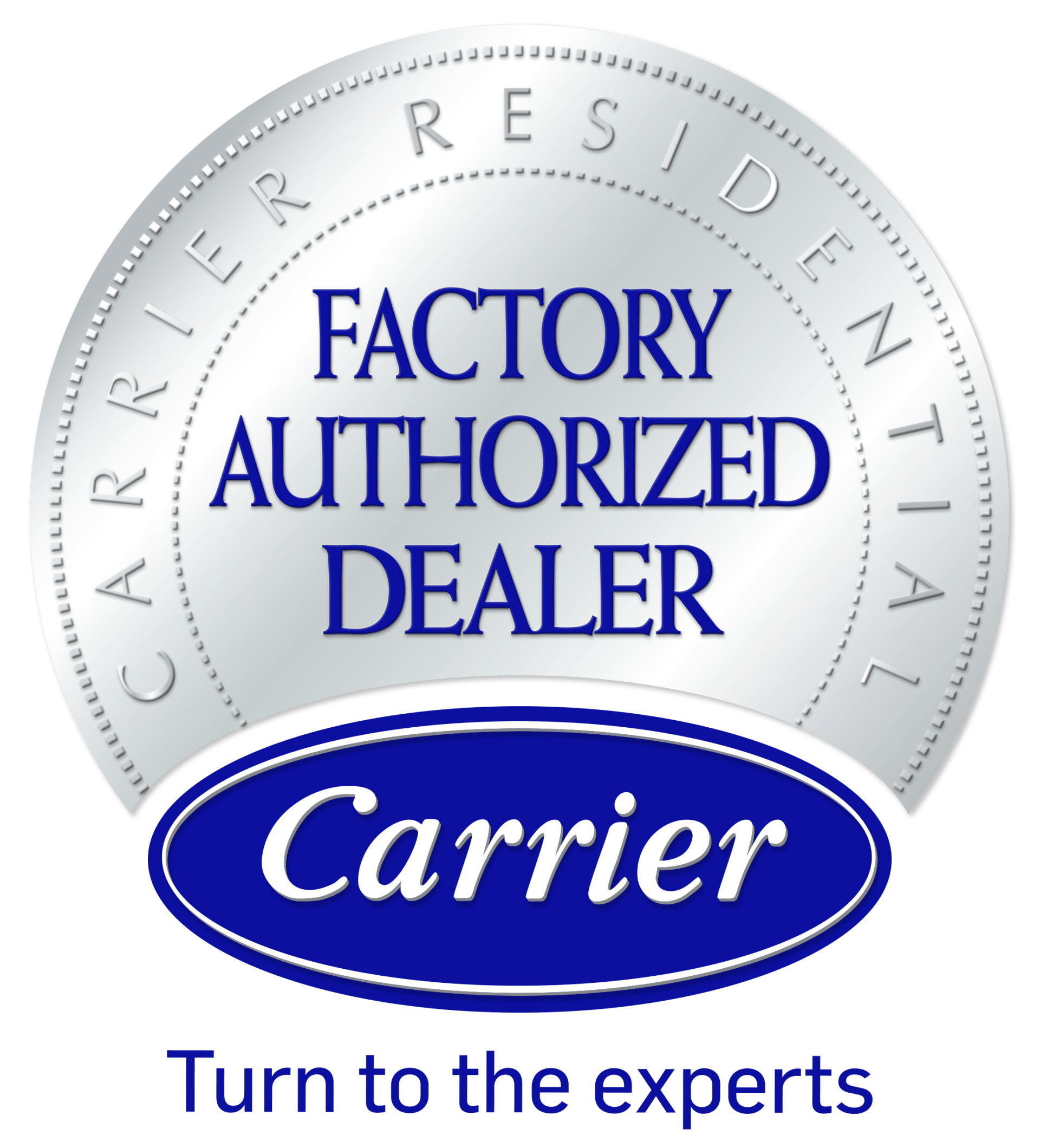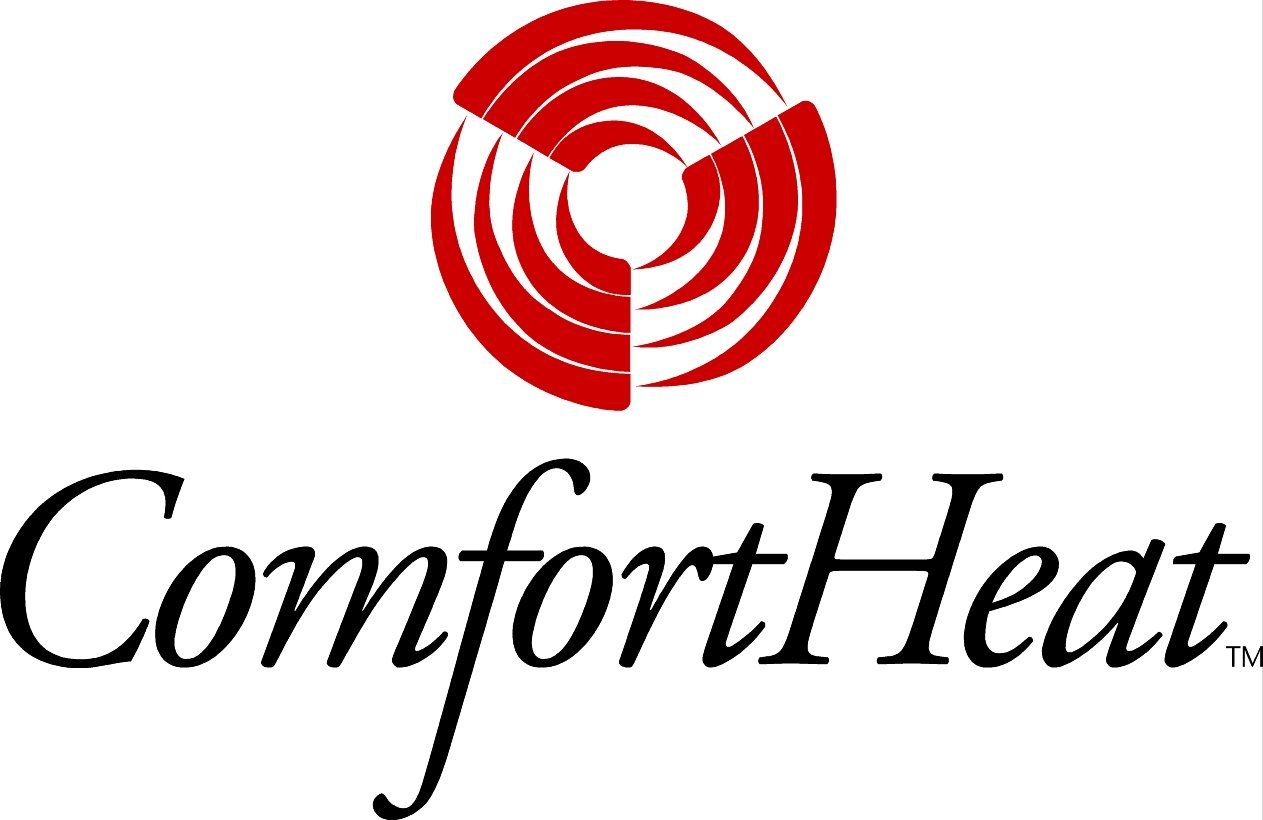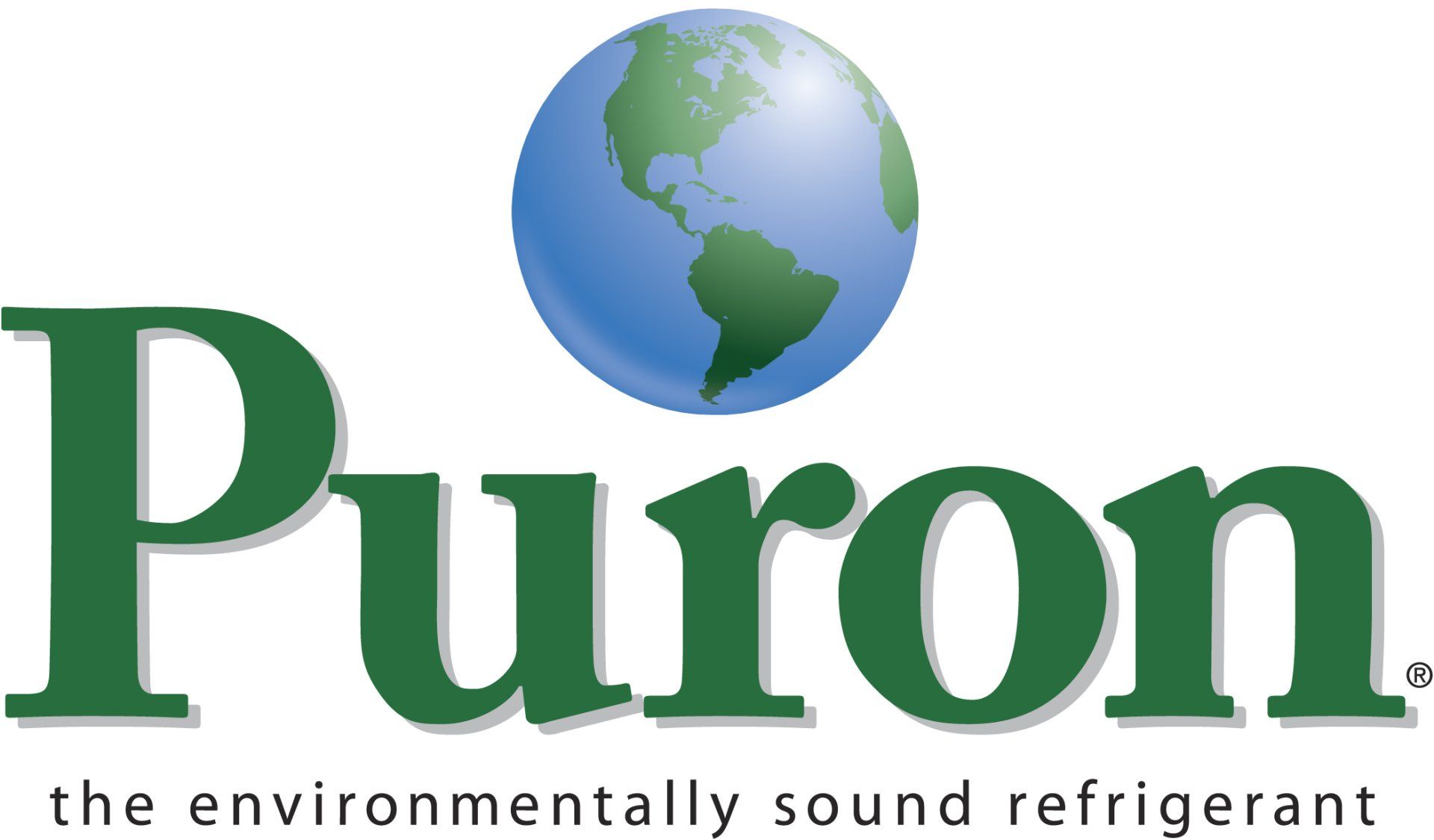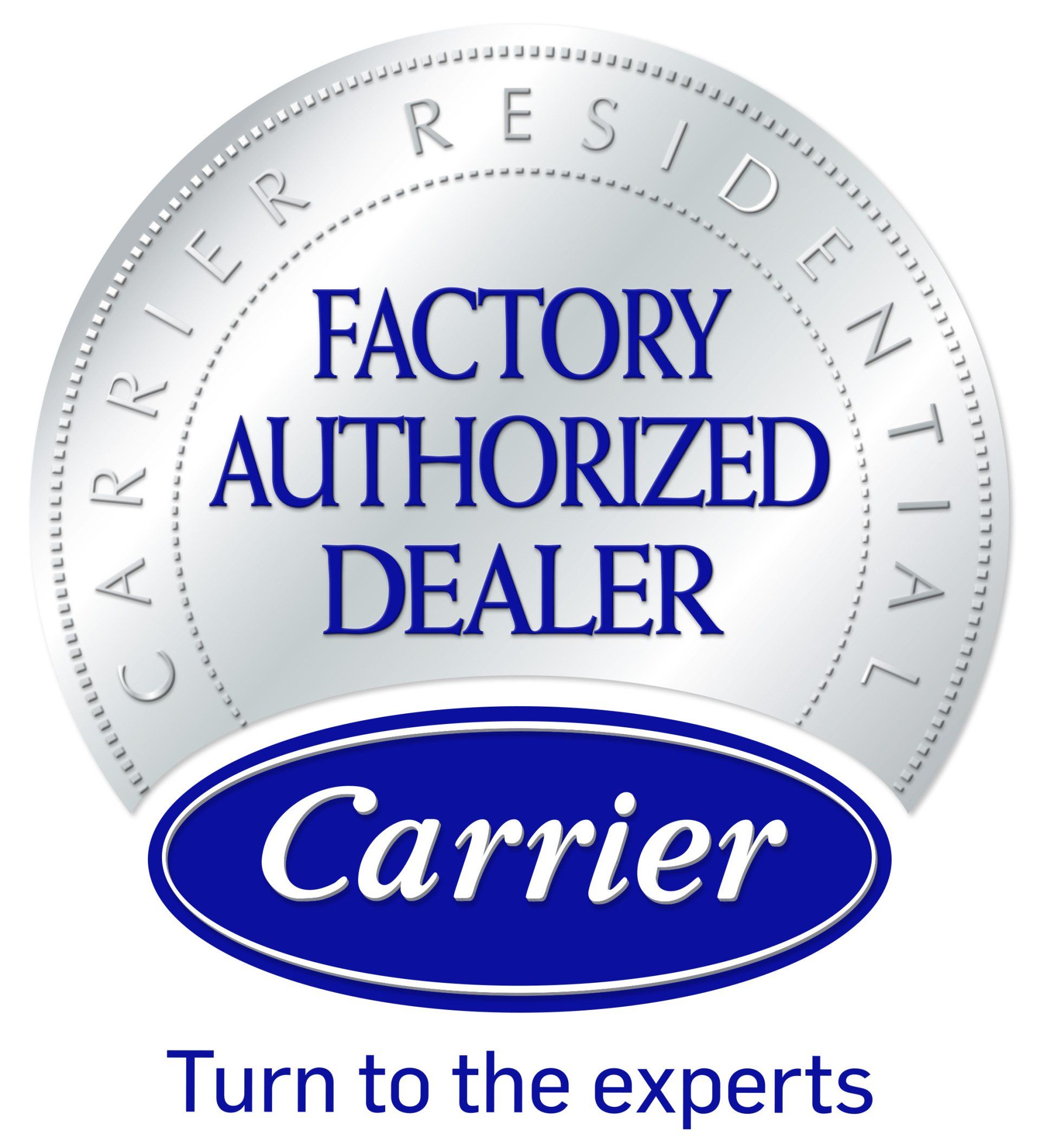Request Estimate
Call Us Today! (407)521-0400
FAQ
Frequently Asked Questions
Q: How Can I Tell if My A/C Needs to Be Replaced?
A: It can be difficult to know if you need replacement or repair of your AC system. There are some signs that indicate that expert help is required to inspect your unit. Here are a few of these to look out for:
Poor or Unbalanced Cooling
If your AC system is not cooling the air at all, you need to have it checked. A lower than normal air flow is also something not to be ignored. Insufficient and unbalanced cooling is where the system is making the air cold in some rooms but not in others. If any of these options occur, it is best to seek professional guidance.
Strange Smells and Sounds
If these are not bad, it might be tempting to ignore them if the unit is still working. However, you should have it looked at right away to ensure that further damage is not done to your system.
Refrigerant Is Leaking
Leaks and unusual pooling of water around your air conditioner are also an indication that something is not working quite right. If it is refrigerant that is leaking, this can present a great health concern to people and pets.
If you have any doubt as to whether your air conditioning system is working properly, have it examined for your own peace of mind. These kinds of problems can be costly if ignored. For more information on how to determine if you need AC replacement, call Action Air of Florida today.
Q: Why Is It Humid in My Home?
A: As Orlando residents, humidity is something we are used to almost year round. Summer months make for the hottest and most humid days of the year here. Most folks tend to consider humidity to be an outdoor problem. Often, humidity is not something people think about being inside of their homes. However, chronic indoor humidity can have effects on both your comfort and sometimes your health.
Chronic Humidity
In central Florida, high humidity can make hot days feel a lot hotter. It’s because the higher humidity levels are, the higher the evaporation point of liquid will be. Sweat will take longer to evaporate, which means your body will have a harder time keeping cool.
One of the main issues with chronically high humidity is that it will promote mold growth throughout your home. For example, it can affect your walls and areas under your sinks. It’s never good to breathe in mold spores, since some types of mold found in the home can cause things like asthma and other respiratory problems. One of our goals at Action Air is to address all air quality issues and keep your air clean for your family.
Q: What Can I Do to Maintain my A/C Unit?
A: Owning a home can be one of the most exciting accomplishments of your life, but it also comes with a wide variety of new responsibilities. Keeping up with the wide range of maintenance tasks that come with home ownership might be daunting, but taking the time to consider preemptive maintenance steps can go a long way toward simplifying that process.
Your home's air conditioning system plays a vital role in keeping you comfortable throughout the entire year, so it's important that you take steps to be aware of the best practices for maintaining it. A little preemption can help avoid a more serious repair and can save both your comfort and your cash.
Below, you'll find a guide to some steps you should take to maintain your home's air conditioning system. Keeping up with these suggestions will allow you to get the best possible performance.
Cleaning The Coils
When most people think about the components of their air conditioning system, their mind jumps to visible items like the thermostat or the air return. While those each play important roles, the true cooling power comes from your condenser. If it's not operating at its highest capacity, you might struggle to see the performance that you truly need to in order to stay cool. Keeping your condenser in good shape requires keeping its coils clean. Dirty coils may overheat and then shut off, leaving you with a system that might blow neutral or even warm air throughout your home. This can be a difficult task, since your condenser is most frequently located outside your home. Make sure that its cover stays firmly in place, and make every attempt to avoid spreading lawn waste in that direction when you head out to mow your grass.
Regular Filter Changes
Sometimes, preemptive maintenance is as simple as keeping up with a schedule. Air conditioning filters should be changed every 60 days, and if you don't put changes at the top of your list of tasks to complete as time goes on, it's easy to forget that it needs to be done. This can leave you struggling with dirty air or even being faced with untimely blockages. For many people, the best way to stay reminded of this obligation is to set a recurring reminder on their electronic calendar to change the filter every two months. Make sure that you consult with your installation service as to the proper timing for your replacement, as different models may require more or less attention. Your service provider can also help you locate and install the filter if you're unsure of how to change it on your own. Action Air of Florida stocks a variety of filter sizes and offers free delivery of filters if purchased by the case (12). It is imperative to install the correct filter size for your system. If you are having difficulty locating your exact filter size call us today!
Q: How Can I Lower My Air Conditioning Bills?
A: When the weather gets warm, you may see your energy bills start soaring. What's going on? Your home's air conditioner likely isn't working as efficiently as it could be.
Hot, humid weather can make any AC system kick into high gear. That means you can expect an increase in your energy bill. The harder your air conditioner works, the more electricity it uses. That energy use takes money out of your pocket and puts it into the utility company's income.
So what can you do to lower your AC bills? You could turn your system off, but that means you're sacrificing your physical comfort to save a few dollars. If that's not an option, you can still lower your energy usage. Take a look at the top ways to cut your AC costs and live more energy-efficiently.
Upgrade Your AC
If your air conditioner is so old that you can't even remember when it was installed, you probably need a new system. Older models aren't as energy-efficient as newer ones. New, energy-efficient models use between 30 and 50 percent less energy than AC systems from the 1970s, according to the U.S. Department of Energy.
You may not necessarily need to replace your entire system just to see some energy usage reduction benefits. A new energy-efficient compressor installed outside can take some of the cost off of your monthly electric bill.
That said, not all compressors work with the interior equipment of your AC system. Only a licensed professional should help you choose and install a new compressor. The pros can provide you with information on the models that work for your home and install the new compressor the right way the first time.
If you are installing an entirely new system, make sure that your air conditioner is sized for your home. An air conditioner that's too small won't cool your home efficiently, resulting in higher than necessary energy costs.
Insulate Everywhere
Cooled air that's escaping through drafty windows, gaps in window frames, under-the-door cracks or in other spaces is costing you money. Use caulking to fill window frame gaps that are less than one-quarter inch. Larger gaps may require a frame repair or replacement, or they might need a backer rod to hold the caulk in place. Weather-stripping around windows and door frames can also help to protect against air leaks.
Along with insulating leaky areas, don't forget to check spaces that aren't cooled by your AC system. If the ductwork doesn't extend into your basement, attic or crawl spaces, hire a pro to insulate these areas for you. This will help to retain some of the cooling and stop energy loss.
Window Replacements
The frames aren't the only issue when it comes to older windows. If you have single-pane windows, they may be letting the outside air in and the cool air out. These windows are also probably not doing much to protect your home against the sun's heating rays.
New, energy-efficient windows can stop some of the cooling loss and cut down on the amount of heat that comes in. Look for the National Fenestration Rating Council (NFRC) label on new windows. This gives you an idea of how energy-efficient the window is.
For example, the solar heat gain coefficient number measures the window's ability to resist the sun's heat. A low number that is close to zero means that your new window will do more to protect your home and keep it cool.
If you need a new, energy-efficient AC system, Action Air of Florida can help. Contact us for more information about how to improve your home’s efficiency.
Q: What Are the Best Air Conditioners?
A: Carrier is one of the top world leaders in delivering quality heating, air conditioning and refrigeration solutions. Since 1902, Carrier has built upon the invention of their founder and the inventor of the modern-day air conditioner. With a history of consistent innovation, Carrier has developed new products and services to enhance indoor comfort and efficiency. Here are three air conditioners in each of the following series that does just this.
Infinity™ Series
Rated as a Best Buy from Consumers Digest, the Infinity® 21 Central Air Conditioner delivers up to a 21-SEER cooling efficiency to meet ENERGY STAR® qualifications. This unit has superior temperature control settings, comes with optional labor warranty, and uses non-ozone depleting Puron® refrigerant. In addition, the Infinity® 21 is the quietest air conditioner compared to other similar-sized models.
Performance™ Series
A reliable, energy-efficient and quiet series, the Performance™ 17 Central Air Conditioner is a more compact unit that can fit in tighter spaces. This type of system can also provide up to a 17-SEER cooling efficiency. With a two-stage compression, the Performance 17 model delivers a more comfortable, quiet and enhanced summer-cooling effect
Comfort™ Series
The Comfort™ 16 Central Air Conditioner boasts an impressive 16-SEER efficiency rating to help you reduce your energy bills. This AC unit is the most-affordable way to improve reliability and efficiency in your home. Ask your dealer more about ways to improve home comfort while saving cash in the bank.
Air conditioning units last between 8 to 12 years. Need to update your air conditioning unit to one of Carrier’s exceptional AC systems? Contact Action Air of Florida today at 407-521-0400
to schedule a replacement service. Also, take advantage of rebates in your area as well as financing options to keep cool all year long.
Which Central Heating Option Is Right for Me?
A: Let's take a look at the most popular options, along with the pros and cons of each.
Furnaces
How They Work
Air is drawn into the return ducts in your home and makes its way to the furnace, where a heat exchanger is used to warm the air and send it back out through the heating ducts.
Furnaces are powered by natural gas, electricity, or heating oil. The latter option isn't used much anymore, but gas and electric-powered furnaces remain in wide use.
Electric Furnaces - Pros and Cons
Electric furnaces are usually less expensive up front, but they're also not as powerful. If you live in an area that doesn't get too cold, or you don't have a gas hookup in your utility room, this might be a good option for you.
Gas Furnaces - Pros and Cons
Gas furnaces are more popular, for a few reasons. They're more powerful than electric models, and natural gas is a less expensive fuel source. While they are more expensive to purchase and install, the energy bill savings can be substantial.
Heat Pumps
How They Work
A heat pump works like a central air conditioner, only in reverse. Heat is extracted from the outside air, pumped inside, and distributed throughout your home via your ductwork.
Air-source heat pumps, which draw heat from the air surrounding the pump, are by far the most popular type. However, geothermal pumps are becoming more popular. With this method, fluid that's been pumped through underground piping goes through a heat exchanger. From there, it's used to maintain a steady temperature in your home year-round.
Pros and Cons
Electricity usually powers heat pumps, and they're very energy efficient. This is because instead of creating new warm air, they're just extracting the heat from the outdoor air and bringing it inside. In addition to heating your home, most heat pumps can reverse this process and cool it in the summer.
The main downside of heat pumps is that they don't work as well in colder climates. A supplemental furnace might help, but a furnace or boiler is usually the better option.
If you're thinking about upgrading your home's heating system, or you have any other concerns, call Action Air of Florida today!
LICENSED & INSURED HVAC EXPERTS
Business Hours:
Monday-Saturday: 8:00 a.m. - 5:00 p.m.Sundays: Closed
LICENSED & INSURED HVAC EXPERTS


Address:
501 N. Hudson St.
Orlando, FL 32835
Phone:






Content, including images, displayed on this website is protected by copyright laws. Downloading, republication, retransmission or reproduction of content on this website is strictly prohibited. Terms of Use
| Privacy Policy








